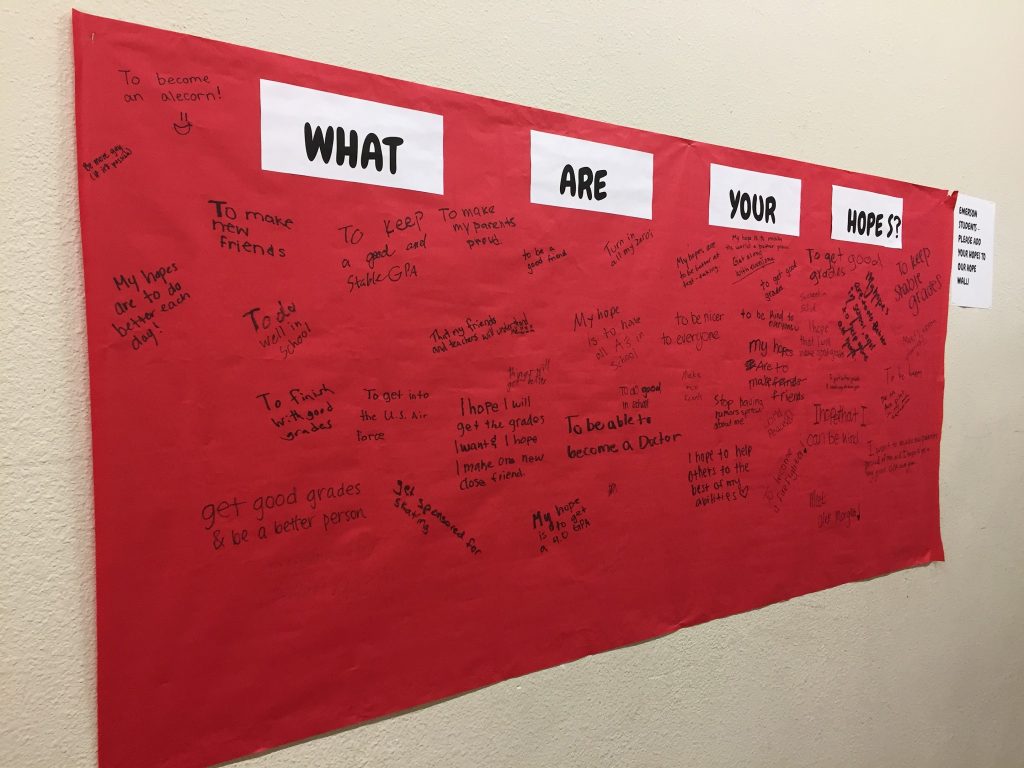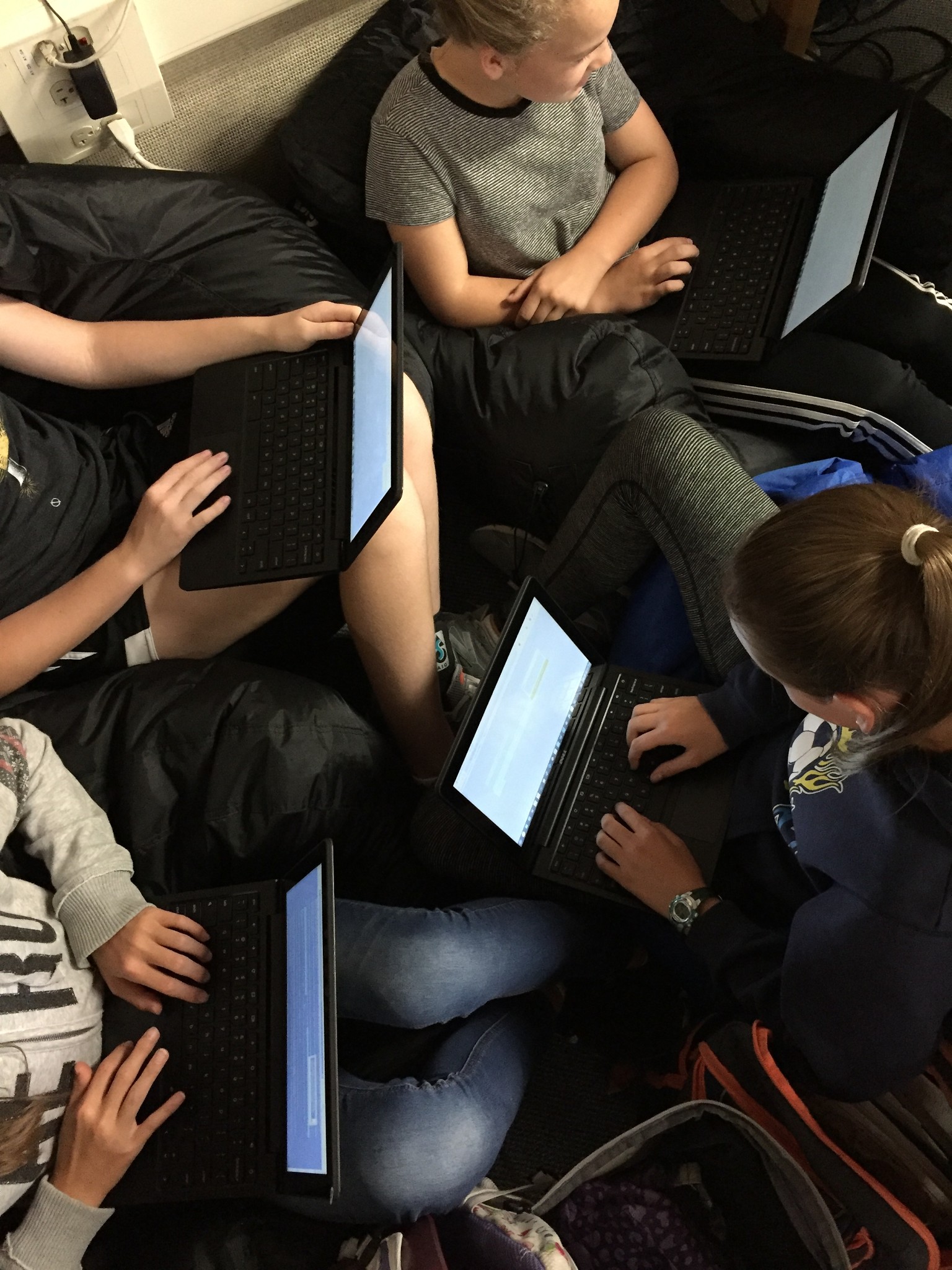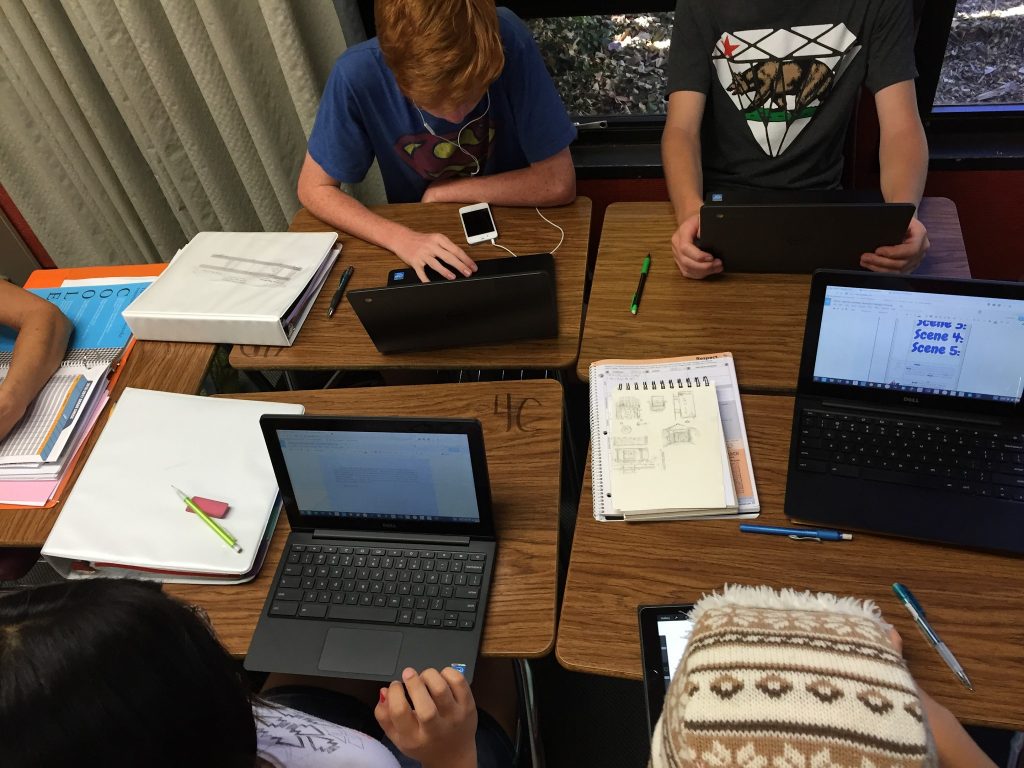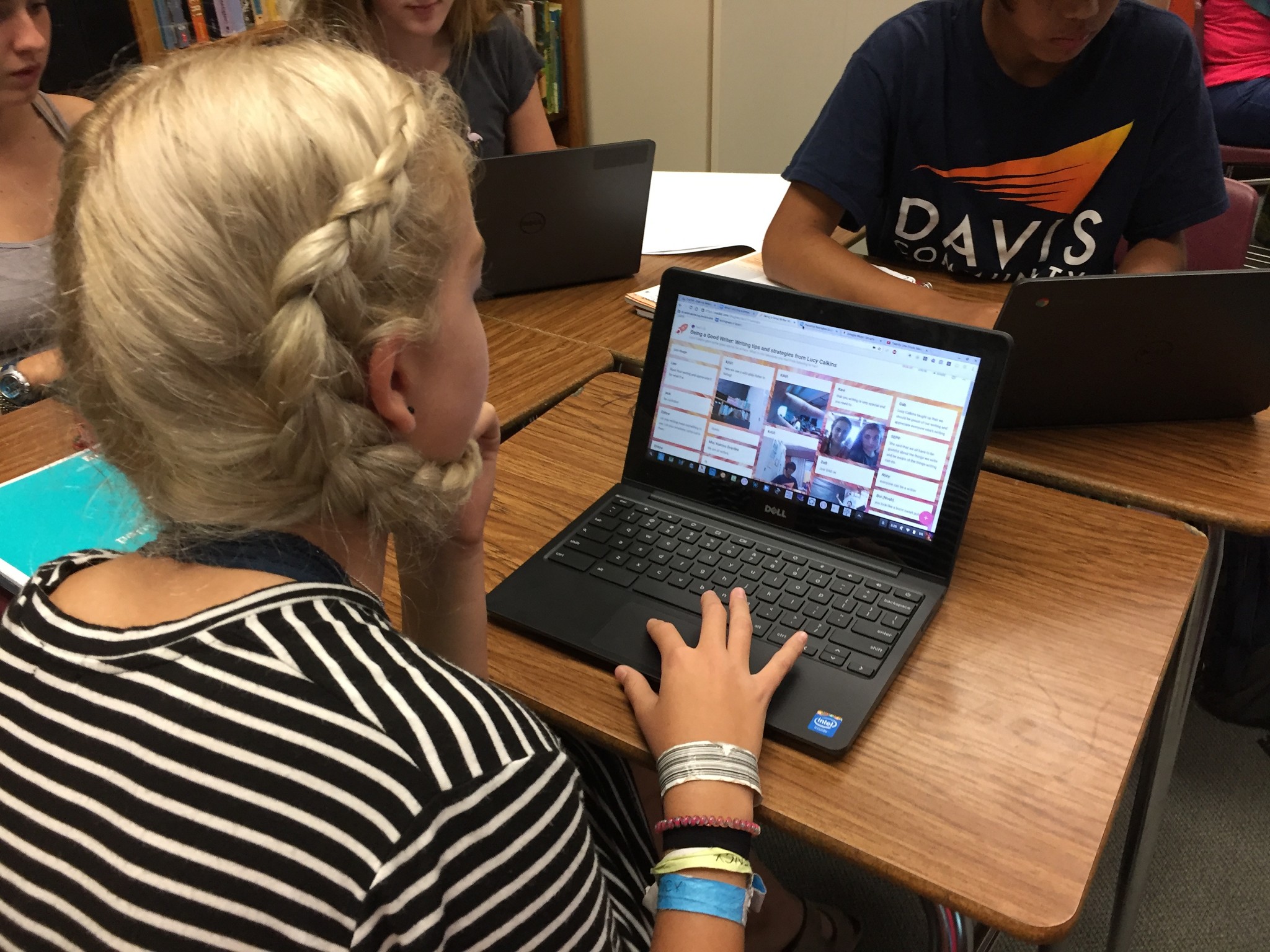Spread love everywhere you go: first of all in your own home.
Give love to your children, to your wife or husband, to a next door neighbor…
Let no one ever come to you without leaving better and happier.
Be the living expression of God’s kindness; kindness in your face, kindness in your eyes, kindness in your smile, kindness in your warm greeting.
~ Mother Teresa
Every morning, right after my first cup of coffee, I struggle with checking my Facebook feed. Lately all it does is make my heart catch in my throat, speed my pulse into triple digits and leave me feeling….well, a bit helpless.
I hate feeling helpless. It goes against everything I profess about ‘walking the talk’ and teaching audaciously. Feeling helpless is like taking no steps forward and ten steps back.
That’s simply something I’m not willing to do at this point in my life.
In my classroom, I see a microcosm of our world; children from different backgrounds, races and religions. College interns come to my classroom every day, struggling with student debt and affordable housing, all while trying to work and study and figure out what they want – or will be able to – do when they graduate.
I feel it all around me – the tension, the fear in the eyes of those afraid of what is to come, and the rising sense of a societal acceptance to speak out unkindly, to group together and cast sideways glances at each other. I don’t like it. It scares me, it worries me and wakes me up from a deep sleep.
Last week, I created a ‘hope’ wall for my students. I wanted them to feel safe sharing what they hope for in their life, and I wanted to be able to make it visible.
From the hope wall:
“to make new friends”
“to do better each day”
“to make my parents proud”
“to be nicer to everyone”
“to help others to the best of my abilities”
Every day a new anonymous ‘hope’ appears. Hope for good grades, for friendship, for acceptance. Someone is hoping for a tattoo….one to be a pilot, and another to meet Alex Morgan.
I felt like this was one thing I could do to overcome feeling hopeless: I could grow hope and simultaneously, I could spread love.
For me, teaching is a service job as well as a profession where I utilize my creativity to first connect, then instruct. I’m constantly striving to creatively connect with my students, to get them to trust me – and themselves. I want to teach my students how I want my own children to be taught – I want to use this platform, this opportunity, to spread love in whatever small (and hopefully large) ways I can.
These small steps, this little bit of teaching audaciously, helps me feel less hopeless. I imagine all of us just doing a little bit, every day, to help our country move forward in love and kindness. If you’re feeling like I am, I urge you to just find one thing you love to do – take one small step forward each day to spread love wherever you go, however you can.
















